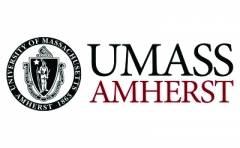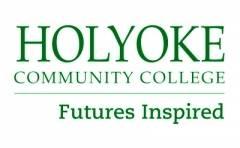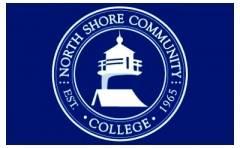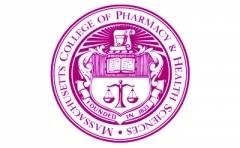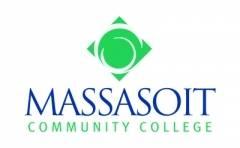Best Veterinary Science colleges in Massachusetts
Veterinary science is a rapidly growing field with job opportunities that provide competitive salaries, flexible work hours, and rewarding opportunities. Specialists in the field of veterinary science are typically working with a particular species of animal or classification such as house pet or farm animal. Veterinarians find employment at zoos, animal hospitals, and shelters to provide medical care.
Students interested in studying veterinary science should note many schools recommend pursuing a Bachelor in Science in Veterinary science before applying to master’s programs post-graduation. Programs in Massachusetts typically teach students how to evaluate an animal and communicate the necessary procedures to the owners to maintain clarity.
Students can earn their degree in veterinary science in-person or online, though many programs require in-person lab time. Massachusetts residents should be aware that some of the largest employers are located in the Boston and Worcester metro areas, and the Bureau of Labor Statistics reports over 1,100 veterinarian positions in the state.
Best Veterinary Science colleges in Massachusetts for 2026
Tufts University offers 2 Veterinary Science degree programs. It's a large, private not-for-profit, four-year university in a large suburb. In 2023, 99 Veterinary Science students graduated with students earning 99 Doctoral degrees.
University of Massachusetts-Amherst offers 2 Veterinary Science degree programs. It's a very large, public, four-year university in a small city. In 2023, 99 Veterinary Science students graduated with students earning 99 Bachelor's degrees.
Holyoke Community College offers 2 Veterinary Science degree programs. It's a small, public, two-year college in a outlying rural area. In 2023, 33 Veterinary Science students graduated with students earning 18 Associate's degrees, and 15 Certificates.
North Shore Community College offers 1 Veterinary Science degree programs. It's a small, public, two-year college in a large suburb. In 2023, 6 Veterinary Science students graduated with students earning 6 Associate's degrees.
MCPHS University offers 1 Veterinary Science degree programs. It's a medium sized, private not-for-profit, four-year university in a large city. In 2023, 2 Veterinary Science students graduated with students earning 2 Bachelor's degrees.
Mount Wachusett Community College offers 2 Veterinary Science degree programs. It's a small, public, two-year college in a midsize suburb. In 2023, 21 Veterinary Science students graduated with students earning 21 Associate's degrees.
Massasoit Community College offers 1 Veterinary Science degree programs. It's a medium sized, public, two-year college in a large suburb. In 2023, 18 Veterinary Science students graduated with students earning 18 Associate's degrees.
Bristol Community College offers 1 Veterinary Science degree programs. It's a medium sized, public, two-year college in a large suburb. In 2023, 12 Veterinary Science students graduated with students earning 12 Associate's degrees.
Top schools offering Veterinary Science degrees in Massachusetts
List of all Veterinary Science colleges in Massachusetts
| School | Average Tuition | Student Teacher Ratio | Enrolled Students | |
|---|---|---|---|---|

|
Tufts University Medford, MA | 15 : 1 | 13,274 | |

|
University of Massachusetts-Amherst Amherst, MA | 22 : 1 | 31,810 | |

|
Holyoke Community College Holyoke, MA | 37 : 1 | 3,706 | |

|
North Shore Community College Danvers, MA | 43 : 1 | 4,833 | |

|
MCPHS University Boston, MA | 21 : 1 | 6,321 | |


